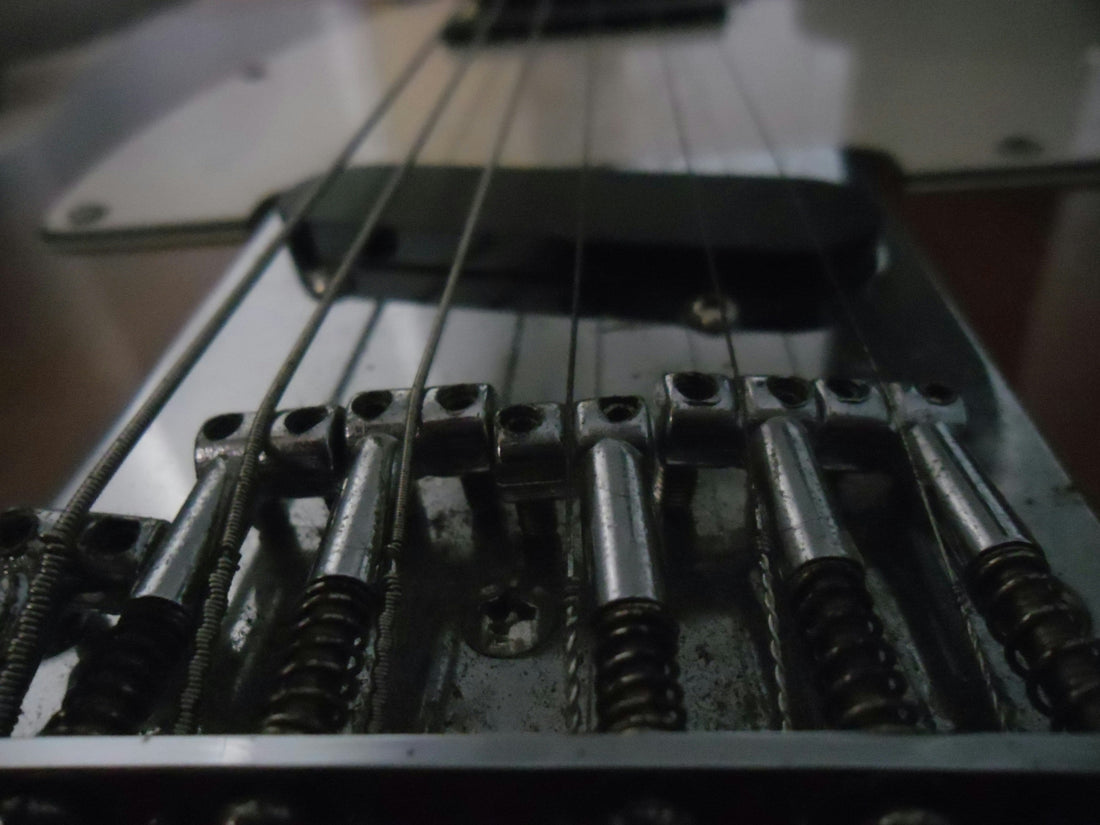
How to Make Your Guitar Strings Last Longer: Maintenance Tips for Better Tone and Playability
Share
How to Make Your Guitar Strings Last Longer: Maintenance Tips for Better Tone and Playability
Guitar strings are the heart of your tone and playability. But they wear out fast — especially with regular use, sweat, dirt, and environmental factors. Replacing strings too often can be expensive, while playing on old strings ruins your tone and makes tuning unstable. Here are practical tips to extend the life of your strings and keep your playing smooth and expressive.
1. Wash Your Hands Before You Play
Your hands carry natural oils, dirt, and sweat — all of which contribute to string corrosion. A quick hand wash before picking up your instrument can significantly reduce grime buildup and extend string life.
2. Wipe Down Strings After Playing
Always clean your strings with a soft, dry cloth after each session. Wiping them down removes moisture and debris, preventing oxidation. Focus on the areas above the pickups and near the bridge, where residue tends to accumulate.
3. Use String Cleaners or Lubricants
Specialized string cleaners or lubricants (like Fast Fret or other conditioning products) can be applied to reduce friction and prevent corrosion. They also improve playability by making the strings feel smoother under your fingers.
4. Store Your Guitar Properly
When not in use, keep your guitar in a case — preferably hard or semi-rigid — to protect it from dust and humidity. Avoid leaving your guitar exposed in damp or overly dry environments, which accelerate string wear and wood damage.
5. Avoid Excessive Bending or Aggressive Picking
While expressive techniques are a big part of guitar playing, constant extreme bending or overly hard picking can wear out strings faster. Use appropriate gauge strings for your playing style and let technique and dynamics, not force, do the work.
6. Rotate or Flip Strings (Temporary Hack)
If you're in a pinch and can't replace your strings right away, some guitarists flip them end-to-end to shift the worn areas away from the most-used frets. It’s not a long-term solution, but it can get you through a few more sessions.
7. Replace When Needed
No matter how well you take care of them, strings don’t last forever. If they sound dull, feel rough, or struggle to stay in tune — it’s time for a new set. Regular maintenance just helps delay that point.
Caring for your strings means caring for your tone. With just a few simple habits, you’ll improve playability, save money, and keep your guitar sounding its best every time you plug in.
